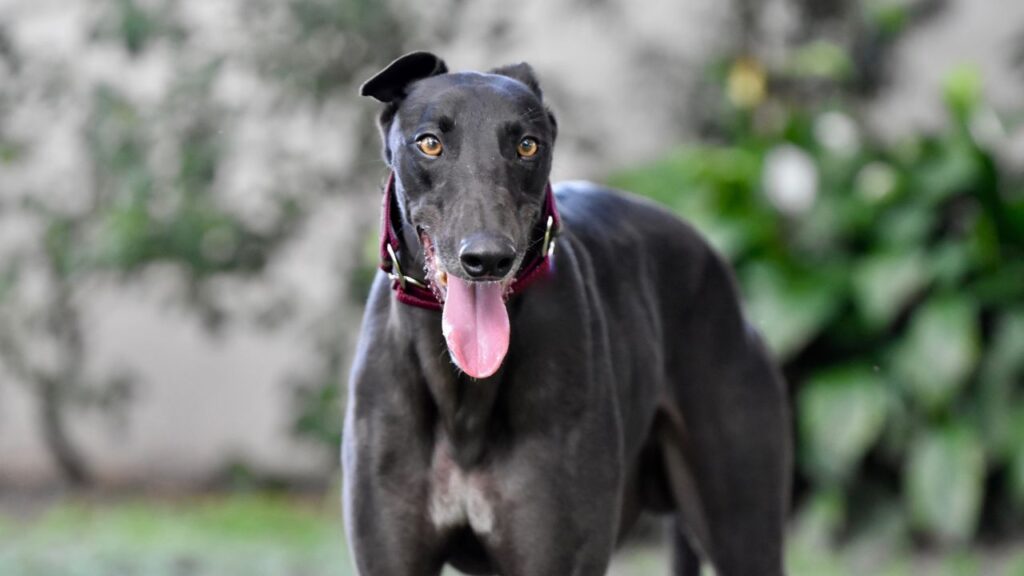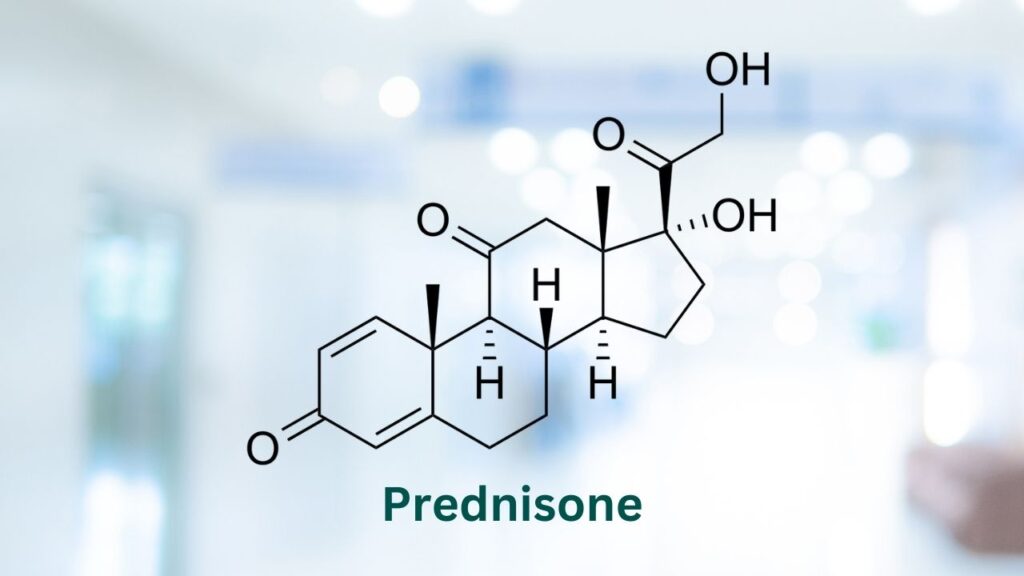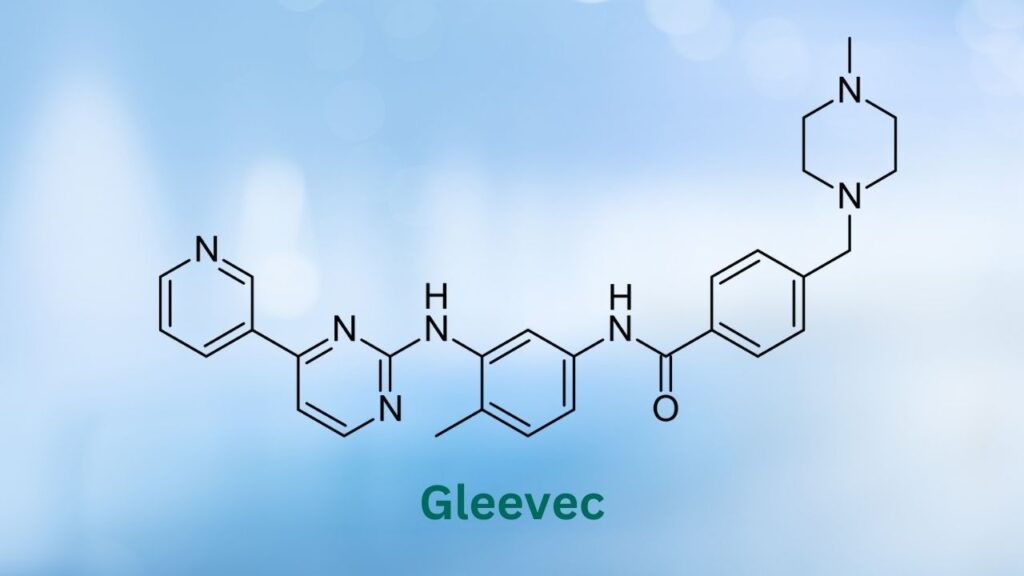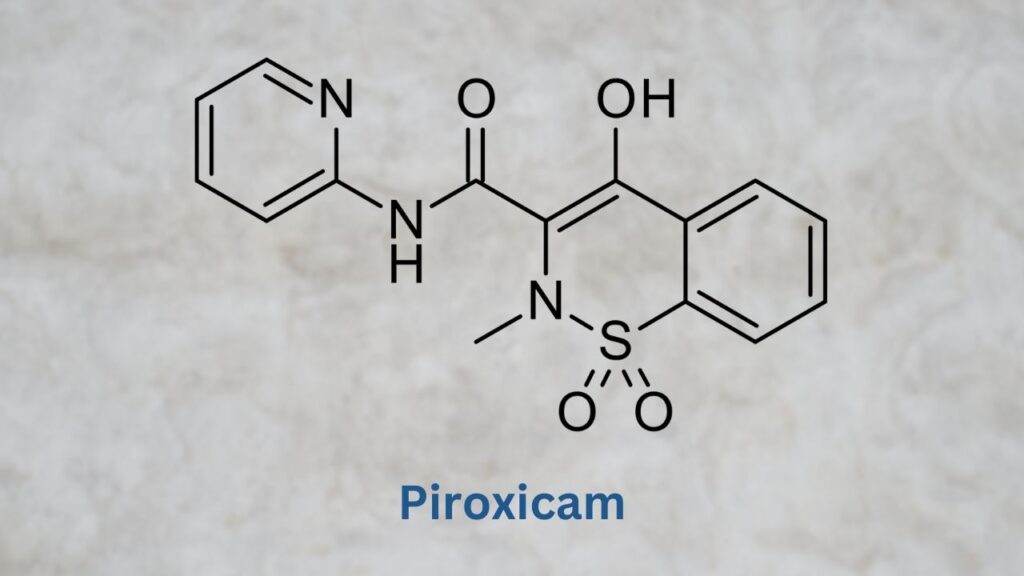Cisplatin is an injectable anticancer drug that is used to treat a variety of cancers. Like so many of our anticancer drugs it has been ‘borrowed’ from human medicine and then applied to veterinary patients. There are many studies that have been performed in veterinary clinical settings to establish both the benefits and the side effects of this drug. Our dogs have benefited greatly in many ways through this collaboration between veterinary and human medicine.
Key Takeaways
- Cisplatin has shown to be effective against several types of cancers including osteosarcoma, various carcinomas, mesotheliomas, and carcinomatosis.
- Cisplatin is an alkylating agent that primarily kills cells by impairing cellular DNA replication, RNA transcription and protein synthesis.
- If precautions are taken to avoid handling your dog’s vomit, urine, or feces after chemo, it is safe for your pet to be around the rest of the family. Owners should avoid contact with the site of cisplatin administration if the drug was injected directly into the tumor.
Platinum Chemotherapy Drug
Cisplatin is an injectable, platinum-containing antineoplastic (anti-cancer) drug.1
This is a potent drug with risks, used in many different types of cancer, as you will see below.
Brand Names
Cisplatin is labeled for human use, and a veterinary-labeled version of cisplatin does not exist.
Brand names for cisplatin include Platinol-AQR® and Platinol.®
Generic forms of cisplatin are available as well.1
How Cisplatin Works
Cisplatin is an alkylating agent that primarily kills cells by impairing cellular DNA replication, RNA transcription and protein synthesis.1,2
Common Uses for Cisplatin
Cisplatin is a potent chemotherapy drug, and the risk of side effects exist. Risk versus benefits assessment must be considered when administering cisplatin.
Listed below are some studies that describe some of the benefits and side effects of using this drug.2
Osteosarcoma2
In a publication in 2000, the disease-free interval was improved among a study of 16 dogs with osteosarcoma when cisplatin was combined with doxorubicin.7
Other studies in 2003 and 2008 found that a large percentage of patients experienced toxic side effects from this combination. Changes in dosing were suggested, and further research was indicated.8,9
Transitional Cell Carcinoma2
A 2007 study using Cisplatin and piroxicam found that the toxic effects of cisplatin outweighed any benefit in treating transitional cell carcinoma of the bladder.3
Squamous Cell Carcinoma2
Dogs with oral squamous cell carcinoma were treated with piroxicam and cisplatin, and antitumor activity was identified.5
Melanoma2
Dogs with oral melanoma were treated with piroxicam and cisplatin, and antitumor activity was identified.5
Mesothelioma2
Cisplatin placed within the affected body cavity was effective in controlling mesothelioma.6
Carcinomatosis2
Cisplatin placed within the affected body cavity was effective in controlling carcionomatosis.6
Germinal Cell Tumors2
These are uncommon tumors in veterinary medicine. However, cisplatin has been utilized in the past.
Soft tissue Sarcomas4
Partial tumor excision and cisplatin-impregnated bead placement in the tumor site identified minimal toxicities and some benefit for lower-grade soft tissue sarcomas.4
When Oncologists May Prefer Not to Use Cisplatin
Dogs with pre-existing renal (kidney) disease or myelosuppression (bone marrow suppression) will likely not be candidates for this drug.
Drugs that should be avoided or used with caution while taking cisplatin include:1
- Other bone marrow-suppressing drugs
- Non-steroidal anti-inflammatory medications
- Polymyxin B
- Drugs that affect cardiac rhythm – acepromazine, amiodarone, cisapride, quinidine, sotalol
- Tigilanol tiglate (Stelfonta)
- Vaccines
- Laverdia
- Furosemide
- Aminoglycoside antibiotics
Any medication with the risk of causing renal toxicity or hearing loss should be avoided during treatment with Cisplatin.
How Your Dog Will Receive Cisplatin
Cisplatin may be administered intravenously (into the vein), intracavitary (into the abdomen or chest cavity), intralesional (into the tumor), or it can be implanted into tissues after being impregnated on beads.
When cisplatin is administered intravenously (IV), your dog must be hospitalized for several hours so fluids can be given. This helps preserve kidney function and minimizes the damage the drug can do.
The dosing, method of administration, and frequency will be based on your veterinary oncologist’s assessment, the type of cancer being treated, and your dog’s response to the medication.
What If I Miss a Dose?
If you must miss a scheduled oncology appointment, be sure to follow up with your veterinarian. The dosing schedule will be up to them. Please consult with your veterinarian regarding any questions about dosing.
Storage and Handling
Storage and handling of this medication will be the responsibility of the veterinarian administering the medication.
Safety Concerns
Owners should avoid contact with the site of cisplatin administration if the drug was injected directly into the tumor.1
On the day of and 3-5 days after treatment, avoid direct contact with your dog’s urine, feces, blood, and vomitus. Wear gloves to pick up the material, and place it in a sealed bag, which is then placed in a trash bag to double-bag it.
Also, clean contaminated areas with bleach. Limit other pets’ and people’s access to these substances, as well, by taking your dog only in your backyard, not in public, for example.1
Side effects
Be sure to discuss all possible side effects with your veterinarian before your pet is treated, so you understand the risks and know what to expect.
Your veterinarian may also want to monitor blood work before and during treatment to look for changes in organ function.
Cisplatin administration can cause renal toxicity, gastrointestinal distress, ototoxicity (hearing damage), neurotoxicity (nerve damage), and bone marrow suppression.2
Other side effects may be a change in your dog’s hair coat, increased liver enzymes, seizures, electrolyte imbalances, and anorexia.1
Antinausea medications and fluid therapy should be administered during infusions to minimize some of these side effects.
Administration of antioxidants, vitamins A and E, and glutathione, have been suggested to prevent the ototoxic effects of cisplatin.1 Please discuss any supplements with your dog’s doctor before beginning them.
Things to Notice
Monitor your pet closely for any side effects.
Bone marrow suppression can cause bleeding, bruising, fever, and shortness of breath, so contact your oncologist immediately if you see any of those symptoms.
If at any point you have any concerns, please get in touch with your veterinarian immediately.
- Plumb DC. Cisplatin. Plumb’s Veterinary Drugs. https://app.plumbs.com/drug-monograph/vTu5mODx1yPROD. Updated January 2022. Accessed January 2023.
- Barabas K, Milner R, Lurie D, et al. (2008), Cisplatin: a review of toxicities and therapeutic applications. Veterinary and Comparative Oncology, 6: 1-18. https://doi.org/10.1111/j.1476-5829.2007.00142.x
- Greene S, Lucroy M, Greenberg C, et al. Evaluation of cisplatin administered with piroxicam in dogs with transitional cell carcinoma of the urinary bladder, Journal of the American Veterinary Medical Association 231, 7 (2007): 1056-1060, accessed Jan17,2023, https://doi.org/10.2460/javma.231.7.1056
- Bergman N, Urie B, Pardo A, and Newman R. (2016), Evaluation of local toxic effects and outcomes for dogs undergoing marginal tumor excision with intralesional cisplatin-impregnated bead placement for treatment of soft tissue sarcomas: 62 cases (2009–2012). Journal of the American Veterinary Medical Association 248, 10, 1148-1156, available from: < https://doi.org/10.2460/javma.248.10.1148> [Accessed 17 January 2023]
- Boria P, Murry D, Bennett P, Glickman N, et.al. (2004). Evaluation of cisplatin combined with piroxicam for the treatment of oral malignant melanoma and oral squamous cell carcinoma in dogs. Journal of the American Veterinary Medical Association 224, 3, 388-394, available from: < https://doi.org/10.2460/javma.2004.224.388> [Accessed 17 January 2023]
- Moore A, Kirk C, Cardona A. (1991) lntracavitary Cisplatin Chemotherapy Experience with Six Dogs. Journal of Veterinary Internal Medicine. 5227-231
- Chun R, Kurzman I, Couto CG, et al. (2000) Cisplatin and doxorubicin combination chemotherapy for the treatment of canine osteosarcoma: a pilot study. J Vet Intern Med. Sep-Oct;14(5):495-8. doi: 10.1892/0891-6640(2000)014<0495:cadccf>2.3.co;2. PMID: 11012111.
- DeRegis C, Moore A, Rand W, Berg J. Cisplatin and doxorubicin toxicosis in dogs with osteosarcoma. J Vet Intern Med. 2003 Sep-Oct;17(5):668-73. doi: 10.1111/j.1939-1676.2003.tb02498.x. PMID: 14529133.
- Bacon N, Ehrhart N, Dernell W, et al. Use of alternating administration of carboplatin and doxorubicin in dogs with microscopic metastases after amputation for appendicular osteosarcoma: 50 cases (1999-2006). J Am Vet Med Assoc. 2008 May 15;232(10):1504-10. doi: 10.2460/javma.232.10.1504. PMID: 18479240.
Platinol-AQR® and Platinol® is a registered trademark of Bristol-Myers Squibb Company.
Topics
Did You Find This Helpful? Share It with Your Pack!
Use the buttons to share what you learned on social media, download a PDF, print this out, or email it to your veterinarian.









